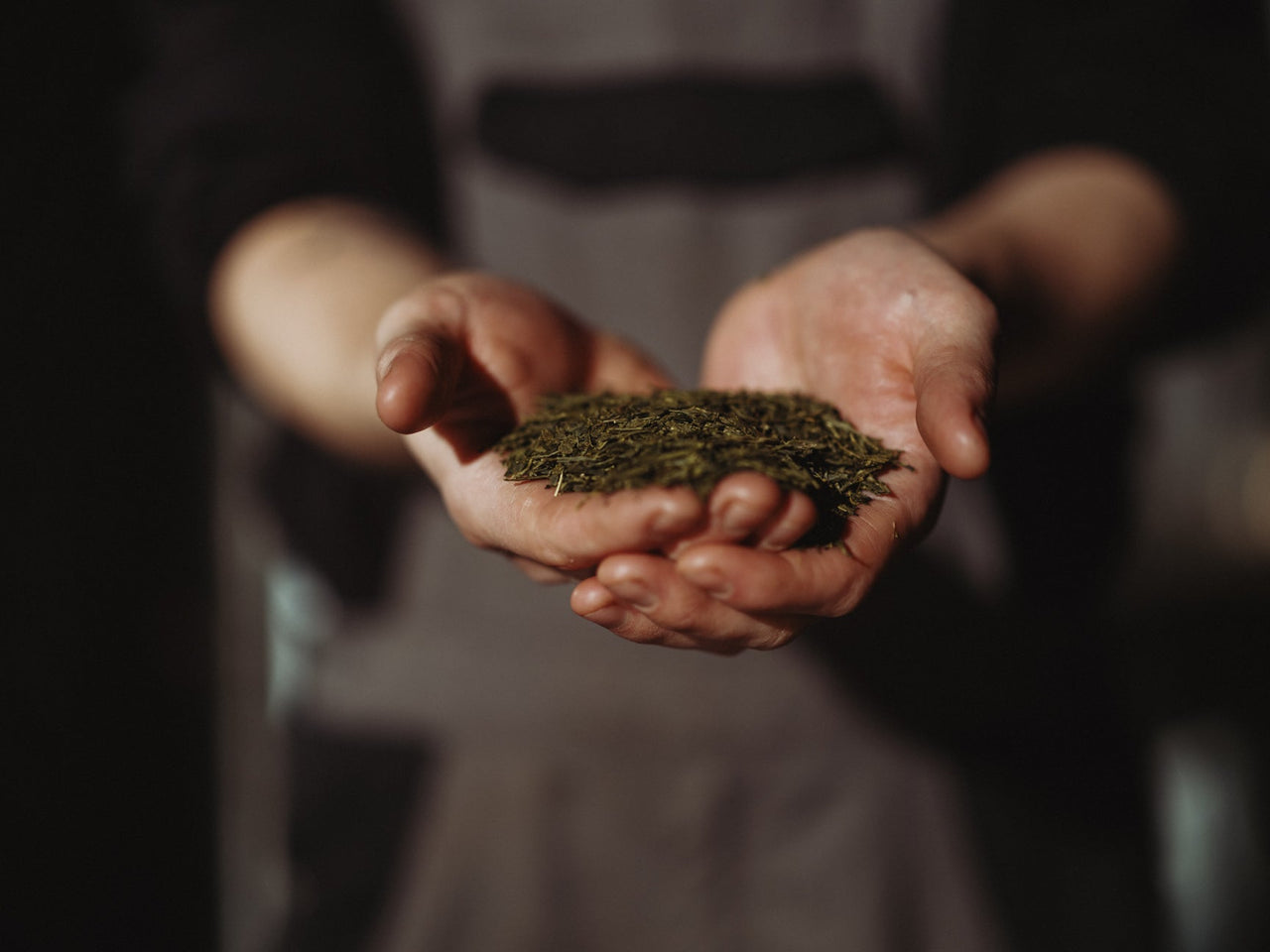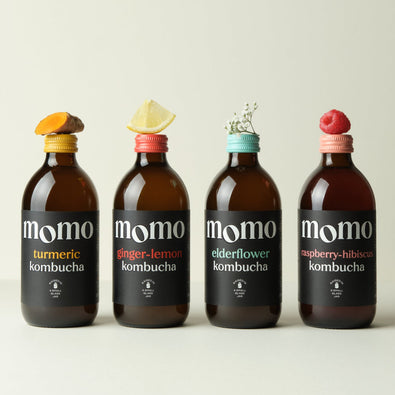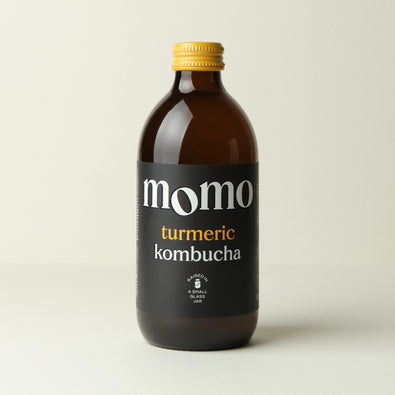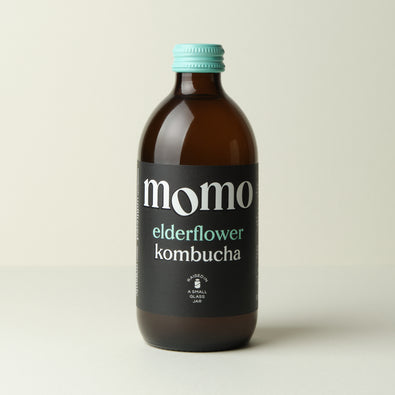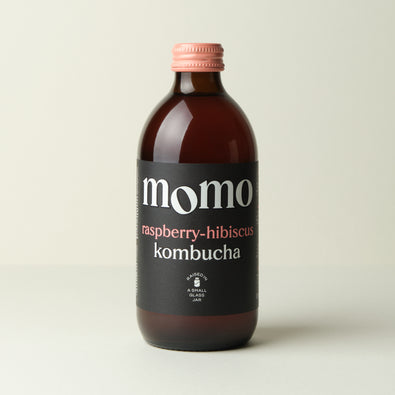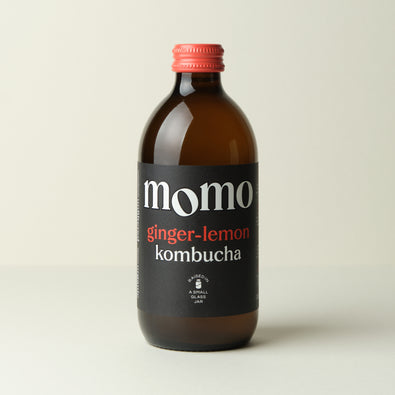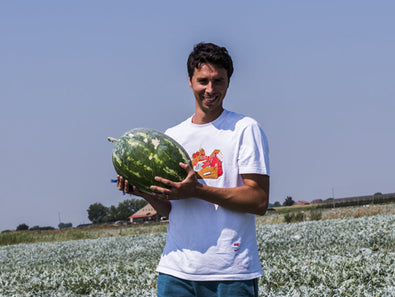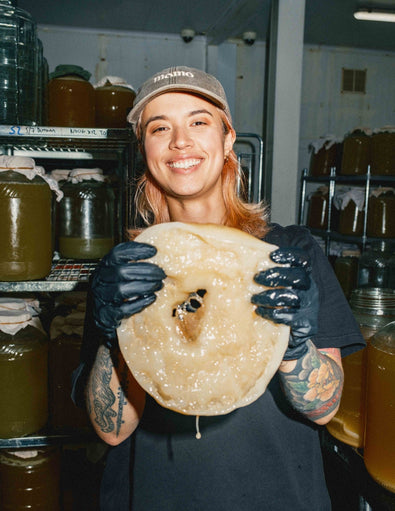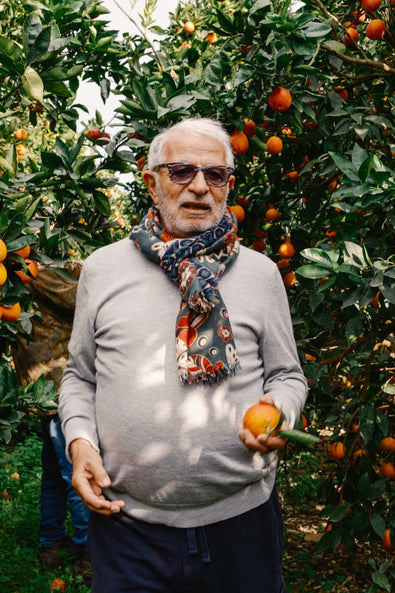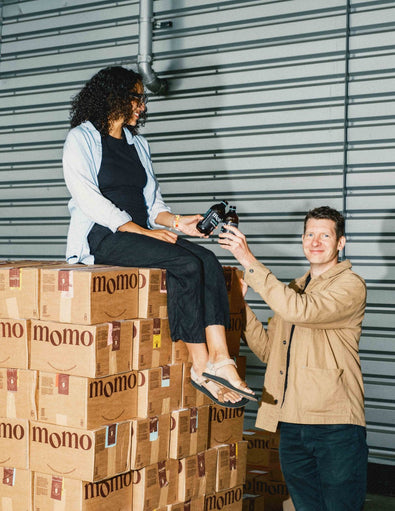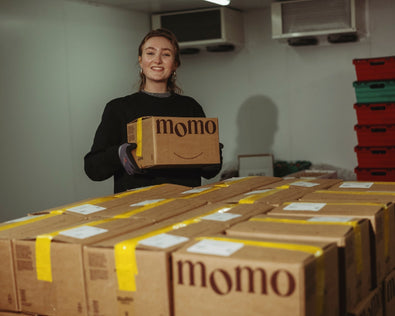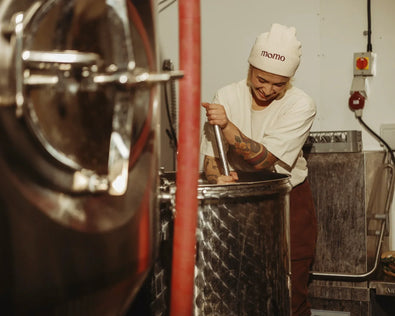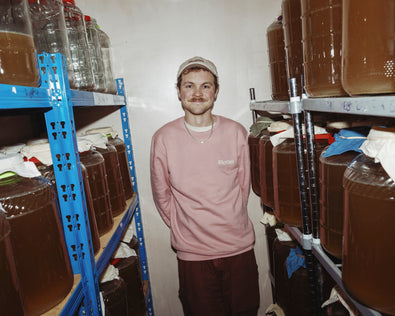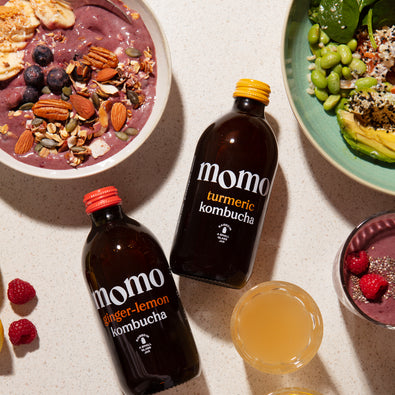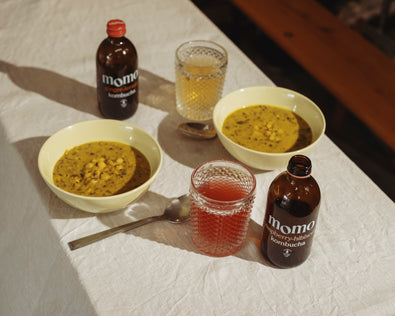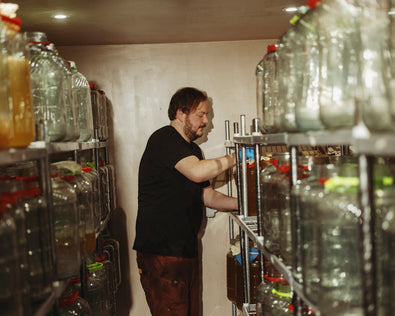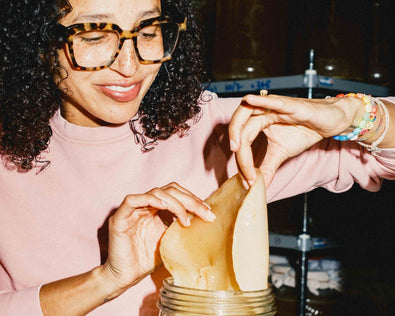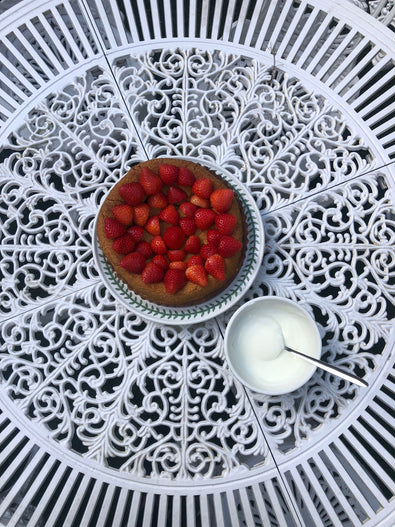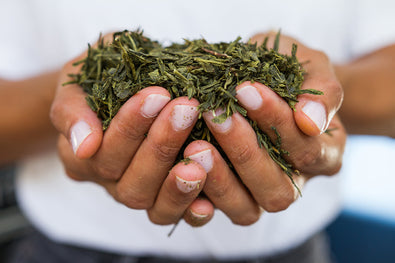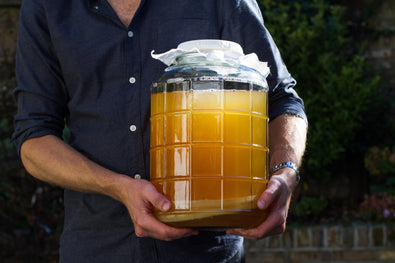Is kombucha caffeinated? The answer is yes, usually - but in 2024, it depends a lot on where you're getting your kombucha from.
Every day our brewers make hundreds of litres of kombucha, using a blend of organic green and black tea. These teas contain caffeine, kombucha is fermented tea. It might follow that kombucha contains as much caffeine as a cup of tea. But it isn't that simple.
That's for two reasons. First, the fermentation process alters the caffeine level. And secondly, the sad truth is that many commercial kombucha brands do not brew their product naturally. Many contain no tea at all - even though the simplest definition for kombucha is fermented tea! Artificial kombucha can have any sort of caffeine content - high or low.
Fermentation metabolises caffeine
You make kombucha by fermenting sweetened tea with a SCOBY (symbiotic culture of bacteria and yeast). This fermentation process changes a lot of things: sugar into alcohol, alcohol into acetic acid, sweetness into tang. It also changes the caffeine.
The bacteria are the responsible party. The colony breaks down the caffeine, with varying percentages remaining after the fermentation. It depends on how long you leave the fermentation for - at MOMO, it's a roughly 10-day process.
Read more about alcohol in kombucha here.
How much caffeine is in kombucha?
For this section, we'll answer for real, natural unfiltered kombucha - the kind that MOMO makes. We'll cover artificial kombuchas downpage.
In a 2015 lab study, caffeine content was shown to reduce by 40% in a 22 day ferment. In our experience, the caffeine can come down by up to two-thirds. The final total depends on the strength of the initial brew.
A typical natural kombucha contains around 20mg of caffeine. A bottle of MOMO kombucha, made from extra-strong green & black tea, has around 26mg of caffeine.
Compare the caffeine in kombucha to other popular drinks below:
| Drink | Caffeine per serving |
| Typical natural kombucha | 20 mg |
| MOMO raw natural kombucha | 26 mg |
| Brewed coffee | 90-120 mg |
| Decaffeinated coffee | 2 mg |
| Cup of tea | 40-50 mg |
| A can of cola | 33-45 mg |
| Energy drink can | 80-160 mg |
Artificial kombucha will vary in caffeine content
Much of the kombucha on the market is inauthentic, unnaturally brewed and altered. If it is not chilled when you buy it, be on alert.
Natural kombucha - the kind that we make - is a living thing. To get it from a brewery to your mouth in perfect condition, you need to stop the fermentation, but keep the live cultures intact. There's actually only one way to do that: chill it.
To make kombucha stable at room temperature - as many brands do - you have to do all sorts of weird things to it. Things that usually remove the health benefits.
One of those things is to create a sort of "kombucha squash". The idea is to recreate the key flavours of kombucha in a concentrated form. Some brands will do this to control the flavour, and get it on supermarket shelves.
These companies will then add in all the extra bits they want to make up their fake kombucha. Artificial flavourings, more sugar, carbonated water - and sometimes, caffeine.
Certain brands pump up the caffeine to that of an energy drink, or pare it right back to nothing.
Will I get to sleep after drinking kombucha?
The small amount of caffeine in raw, unfiltered kombucha is usually not enough to keep you awake. It depends a little on how sensitive to caffeine you are. But caffeine isn't the only active ingredient at play. Other ingredients in kombucha help eradicate the "wired" feeling usually associated with caffeine.
Now, sink six bottles of MOMO in a row and we can't make any promises. But with a bit of caution, kombucha becomes a perfect late-evening drink.
You see, in tea there's a special amino acid not present in other caffeinated drinks like coffee: L-Theanine. On its own, it acts as an anxiety reducer. That's why drinking a cup of tea feels so much more relaxing than an espresso.
Combined with caffeine, L-theanine actually develops another power. It improves concentration and boosts your mood. If you've got a few evening chores to work through - or you just want to be extra-focused on having fun - kombucha might be for you.
Does kombucha need caffeine?
If you're brewing at home, you might wonder if you can make a naturally caffeine-free kombucha using decaf tea.
The answer is yes, it is possible, as the main ingredient that the SCOBY requires for metabolisation is sugar - although usually a kombucha starter will have some caffeine. Whether or not this can be considered "real" kombucha depends on your perspective.
Hundreds of generations have made the ancient drink of Kombucha using traditional tea - principally black or green tea. Some say it's only real kombucha if you use these time-honoured tea leaves - whether there's a SCOBY or not.
We consider it important to make kombucha from real tea. MOMO kombucha is raw, unfiltered, chilled, natural and alive - the way it should be.
